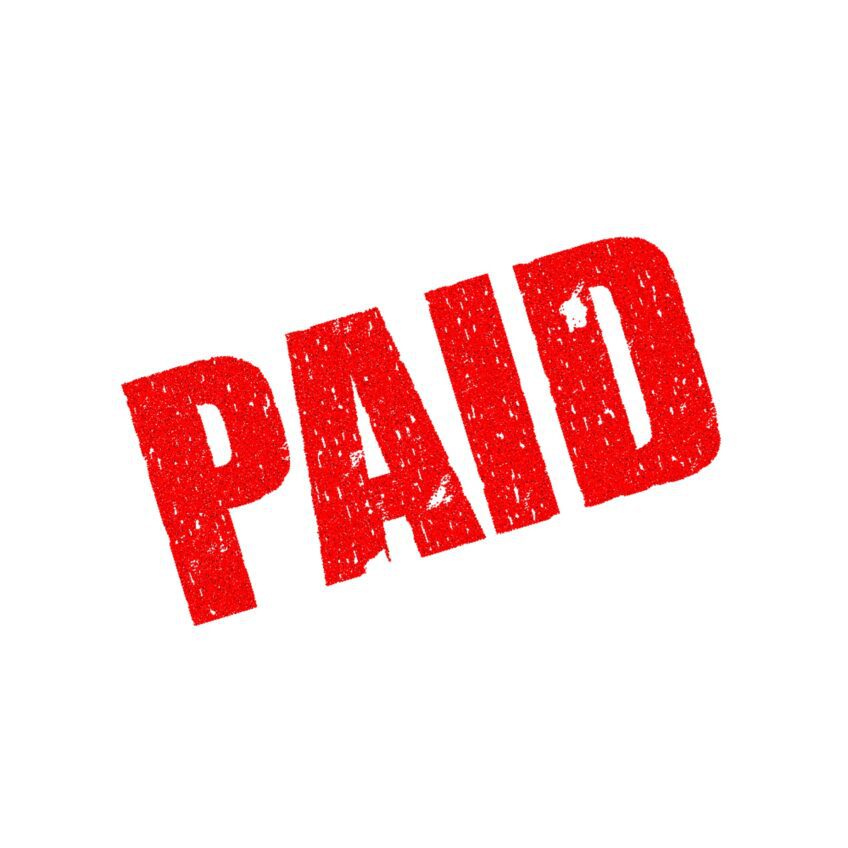The government has recently announced an overhaul of the Prompt Payment Code which is great news for small businesses, says Harjit Singh, a commercial lawyer from Tallents Solicitors.
Prompt Payment Code changes are good news for small businesses
The changes aim to strengthen the position of small businesses (with less than 50 employees) against those of a larger companies by ensuring that the larger companies pay their suppliers in a more timely fashion. Larger companies will see their required payment period in which to settle their outstanding accounts slashed in half to 30 days, and CEOs or Finance Directors are being asked to make personal commitments to abide to these payment terms.
The Prompt Payment Code changes will allow the smaller businesses to manage cash flow which is the lifeblood of any business.
As part of government current policy on tackling late payment of invoices, all large firms are encouraged to sign up to the voluntary Prompt Payment Code and 3,000 have already done so, but according to the government, many payments are delayed well beyond the current 60-day target for payment. This is resulting in £23.4 billion worth of late invoices owed to firms across Britain, impacting on both their cash flows and ultimate survival in what is already a very difficult economic climate.
Late payment of invoices causes hardship to small businesses
The Interim Small Business Commissioner, Philip King has voiced his concerns regarding late payment and the hardship it causes to small businesses and that the issue was more prevalent than ever before due to the continued impact of the pandemic on our economy.
Therefore, the following changes to the Prompt Payment Code came into force with immediate effect:
- a company’s CEO or Finance Director must personally sign the Code to ensure responsibility for payment practices is taken at the highest level of an organisation;
- there is a new logo that signatories can use in communications to show their commitment to the Code;
- an acknowledgement, as a condition of signing the Code, that suppliers can charge interest on late invoices; and
- administrators of the Code are enabled to investigate breaches of the Code based on third-party information.
Signatories to the Prompt Payment Code are required to pay 95% of invoices from small businesses within 30 days
The balance of the changes to the Prompt Payment Code will come into effect from 1 July 2021 when there will be a new requirement for the Code signatories to pay 95% of invoices from small businesses within 30 days (rather than 60 days as is currently the case). The target for larger businesses will remain 95% of invoices within 60 days.
Mike Cherry, the National Chairman of the Federation of Small Businesses welcomed the news as he said that a late payment crisis was already stifling the UK economy before the coronavirus pandemic. In order to turn our hopes of economic recovery into reality, then a good payment practice has to become the norm across the UK economy.
The government hopes that the reformation of the Prompt Payment Code will help to increase business confidence and will help aid a business recovery post-COVID-19.
At Tallents Solicitors, our commercial lawyers are here to help businesses manage their relationships with suppliers. We can review contracts and company procedures on your behalf and offer dependable legal advice where required. You can call our Newark office on 01636 671881 to make a confidential appointment.



